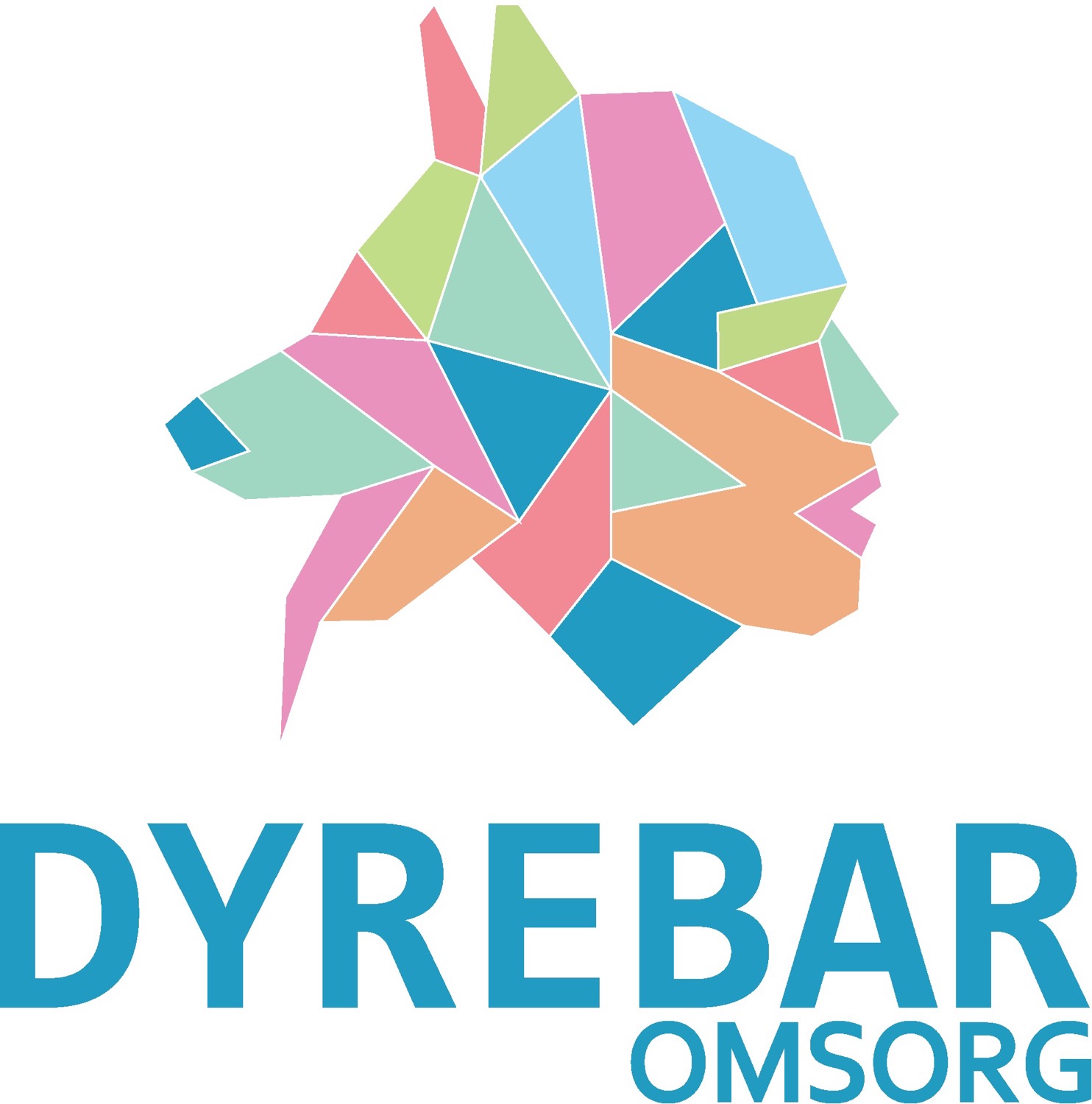Searching where the treasure is: on the emergence of human companion animal partnership
- Dyrebar Omsorg

- Jan 3, 2023
- 1 min read

Adam Miklosi
July 19, 2021
In my view, the discipline, often referred to as human–animal interaction (HAI), lacks a well-defined conceptual framework. It is too narrow both with respect to the animal species investigated and the nature of human–animal interactions studied. So instead, we introduce the term human–companion animal partnership (HCAP) that is not only a better descriptor for most research efforts within HAI but also helps to direct research efforts on an ethological basis. In our approach, ‘companion’ is a function and not a feature of some species. This means that many species had and could have a potential to form mixed social groups with humans if they evolve some capacity of social competence. This view may initiate new comparative research involving a range of species to find out how complex social engagement could be maintained in such hetero-specific social groups based on evolutionary heritage, recent selection and individual experience (socialisation). Our approach emphasises the role of human caring behaviour and social competence in the emergence of a partnership with several species, and thus could also help in setting expectations for welfare and aid in designing artificial companions for specific purposes.
Read the whole paper: Miklosi2021_AC_HACP_rev




コメント